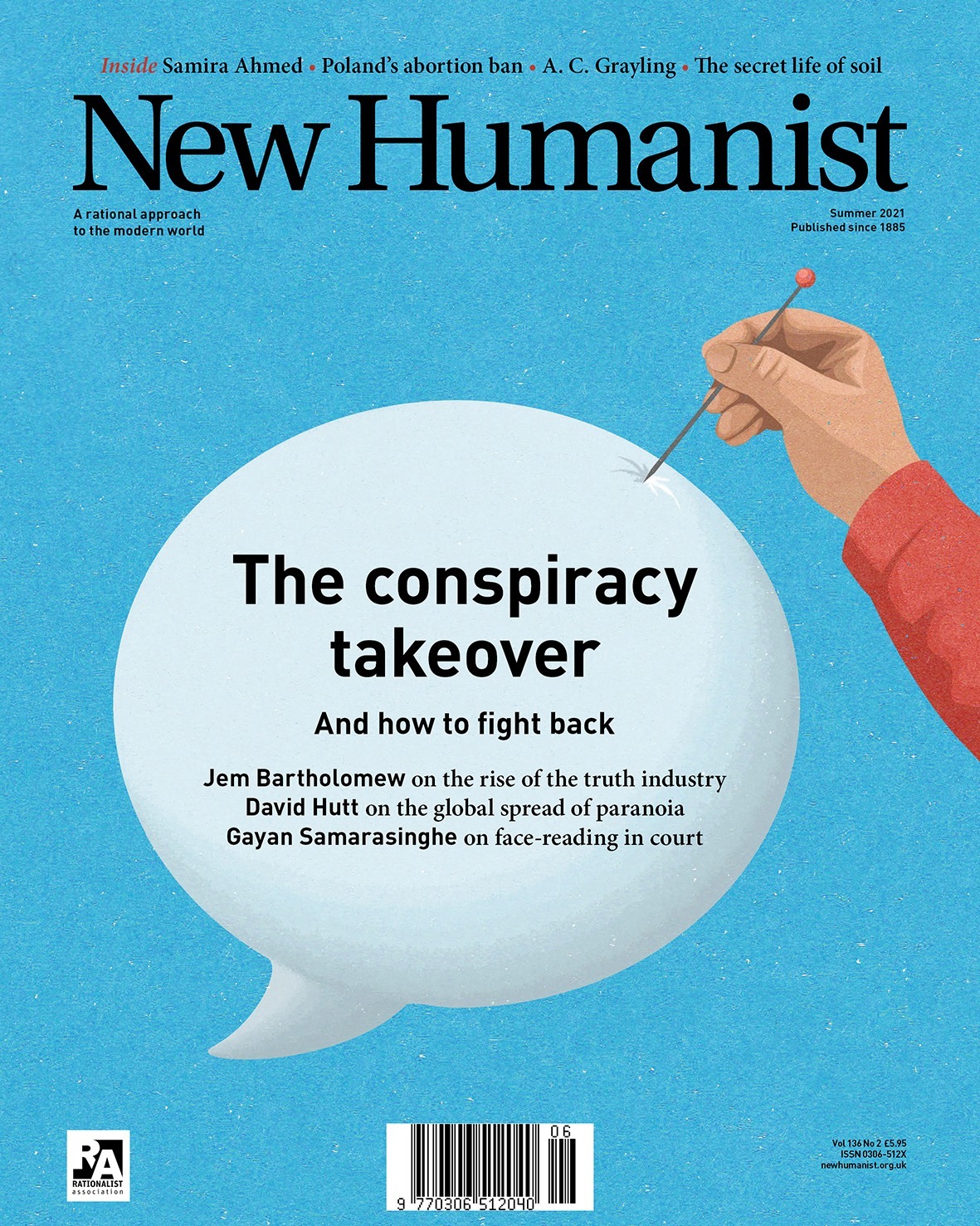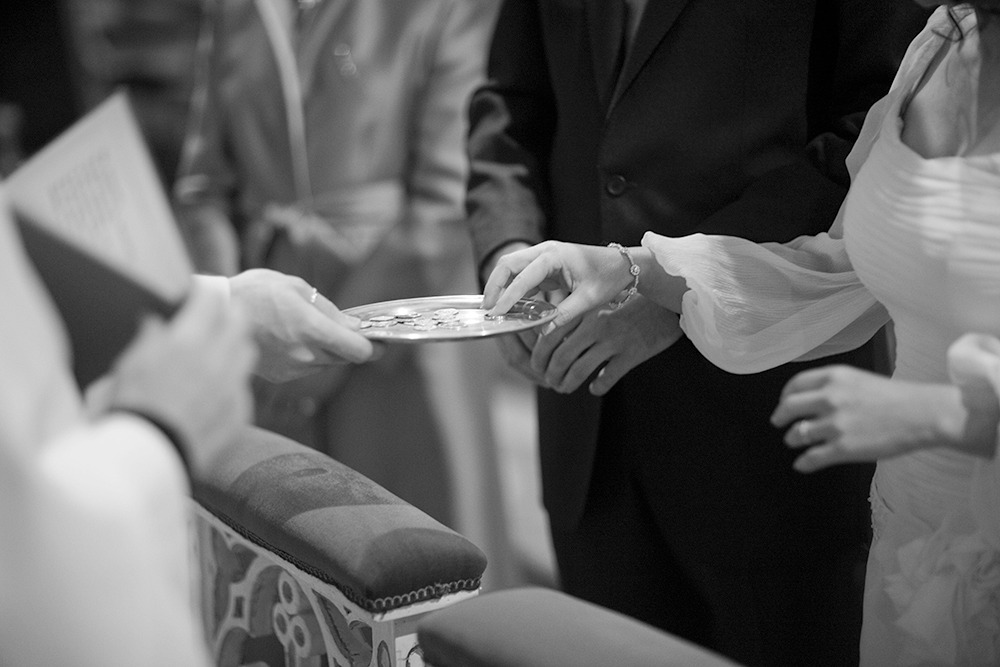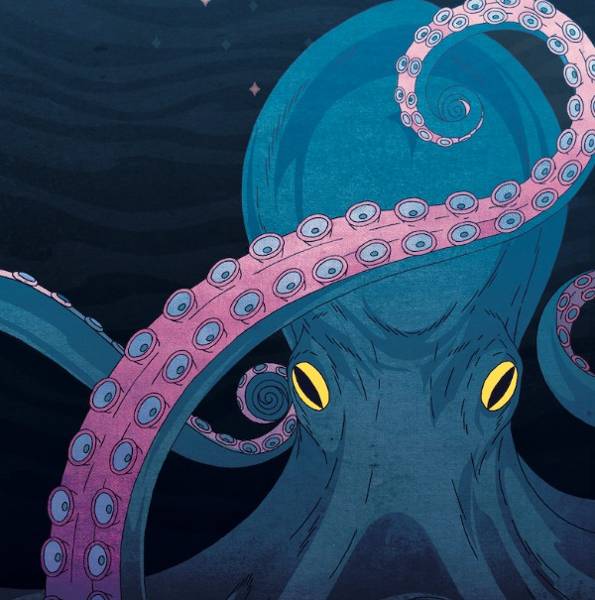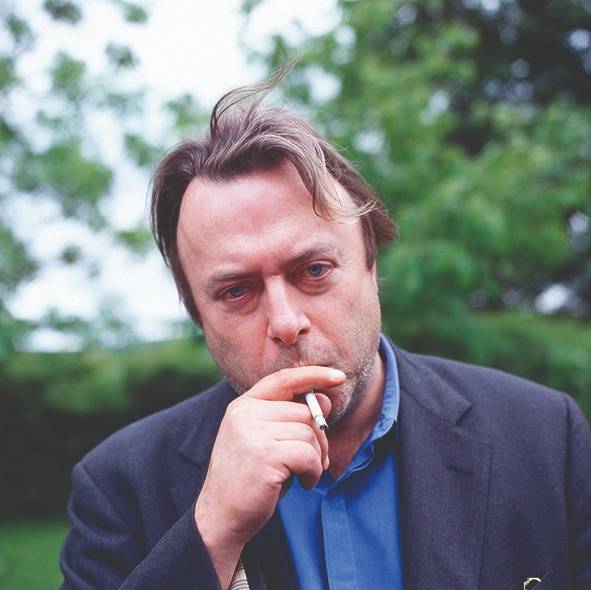
The summer 2021 issue of New Humanist is on sale now! Subscribe here for as little as £10 a year.
The conspiracy takeover . . . And how to fight back
Paranoid states
Like viruses, conspiracy theories travel around the globe. But, David Hutt asks, are they always unhealthy?
According to the locals, the authorities loyal to the central government in faraway Jakarta were intentionally sending prostitutes infected with HIV to the region in order to wipe out the indigenous population. Of course they weren’t, but in 2013 Butt published a paper in which she called this conspiracy theory a sign of “prudent paranoia” by a local population that has been badly treated by the central government for decades.
Holding back the tide
Over the last decade, the fact-checking industry has exploded. Jem Bartholomew talks to the people fighting mis- and disinformation.
For Graves, critics often miss the real purpose of fact-checking. “It’s not simply a question of attaching a label of true or false to a claim,” he said. Judging its effectiveness means not just asking if you can persuade misinformed people, but also if you can discourage elites from repeating falsehoods by proving there are consequences.
Lying eyes
In court, facial expressions and body language can be used to ascertain innocence or guilt. Barrister Gayan Samarasinghe says this is unscientific and unfair.
While listening to her ex-husband’s answers to questions, my client sighed, made faces and – worst of all – committed the crime of kissing her teeth: an acceptable way of expressing disapproval in her West African culture but a noise that is strangely hated in much of Europe.
Q&A
Niki Seth-Smith talks to philosopher, author and master of New College of the Humanities A.C. Grayling.
There is an important distinction to be made between ethics and morality. Of course, they’re connected, but you can see they’re different by looking at the etymology of the terms. The word ethics comes from an ancient Greek word ethos, which means character. The question asked in ethics is: what sort of person should I be? How should I live? What values should shape my life?
The summer 2021 issue of New Humanist is on sale now! Subscribe here for as little as £10 a year.

Also in this issue:
- Kate Brown on urban gardening and the miraculous stories hidden in our soil
- Madeline Roache talks to the Polish women resisting the country's abortion ban
- The French philosopher Jacques Derrida is often dismissed, but Jonathan Rée thinks we should look again
- Wedding law is modernising, as Rahila Gupta reports, but we must not forget the women married in faith ceremonies
- Samira Ahmed on the nation's need to grieve
- Emma Park on Charles Bradlaugh, Britain’s first openly atheist MP, and his relevance to the free speech debate today
- Despite clubs closing, dance music found a new lease of life during lockdown, as Alex Macpherson discovers
- Fiona Sampson on Elizabeth Barrett Browning, a towering cultural figure erased from the canon
- Caroline Crampton asks whether colourblind casting is actually a step towards diversity
- PLUS: Columns from Michael Rosen, Laurie Taylor and Marcus Chown, book reviews, the latest developments in biology, chemistry and physics; cryptic crossword and Chris Maslanka's quiz
New Humanist is published four times a year by the Rationalist Association, a charity founded in 1885. Our journalism is fiercely independent and supported entirely by our readers. To make a deeper commitment, why not donate to the Rationalist Association?

